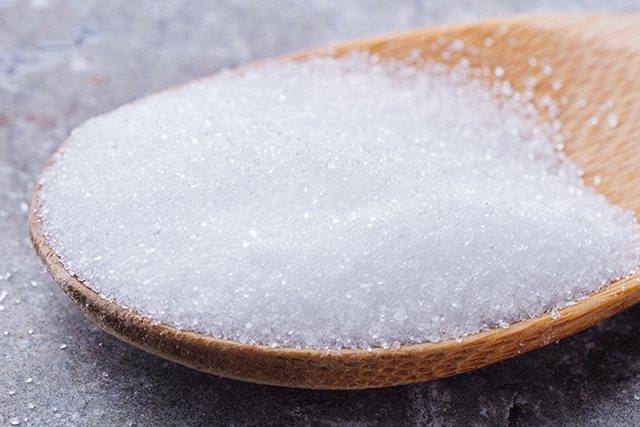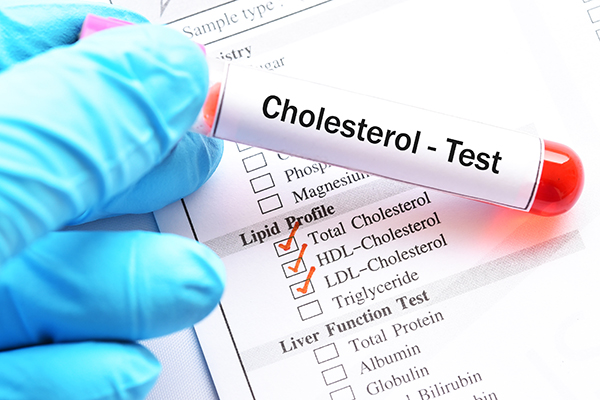
In collaboration with other researchers, Moore studied data from over 2,632 participants -- with normal blood pressure -- from the Farmingham Offspring Study, an ongoing cardiovascular cohort study in the town of Framingham, Mass. Over the course of 16 years, the investigative team analyzed the participants' dietary records, paying close attention to systolic (SBP) and diastolic (DBP) blood pressures. They also took into account physical activity, cigarette smoking, alcohol intake, height, age, and sex.
They found that those who consumed 2,500 mg to 4,000 mg of sodium daily had lower blood pressure than those whose sodium intakes were less than 2,500 mg a day. Additionally, the same group who displayed lower pressure were also noted to have elevated levels of magnesium, potassium, and calcium. In particular, the lowest readings came from the participants who ingested about 3,717 mg of sodium a day. Based on their findings, the researchers concluded that sodium was not the only nutrient that had an effect on blood pressure, nor was it the most important one. Participants who consumed around 3,211 mg of potassium daily also had the lowest blood pressure readings. Nutrients such as potassium, magnesium, and calcium may also play roles in determining how low and how high one's blood pressure would become. (Related: Blaming dietary sodium for high blood pressure is too simplistic; the real problem may be mineral deficiencies)
“We saw no evidence that a diet lower in sodium had any long-term beneficial effects on blood pressure. Our findings add to growing evidence that current recommendations for sodium intake may be misguided,” Moore has said, as reported by EurekaAlert.org. In a separate statement, Moore has also remarked that, “A low-sodium diet has been popularized for a few decades, and I think it originally had to do with the observation that among people with high blood pressure, if you restrict their sodium intake, their blood pressure actually goes down. I think that led to the inference that restricting your sodium intake in general (among the public) would actually reduce your risk of developing high blood pressure.”
The findings presented by Moore contradict the recommended daily dosage of 1,500 mg, as prescribed by the American Heart Association. Similarly, the 2015-2020 Dietary Guidelines for Americans advises a daily intake of less than 2,300 mg of sodium. To this, Moore has said: "I hope that this research will help refocus the current Dietary Guidelines for Americans on the importance of increasing intakes of foods rich in potassium, calcium and magnesium for the purpose of maintaining a healthy blood pressure.”
Furthermore, Moore has said that restricting one's daily amount of salt could lead to detrimental health effects. One of these is elevated renin levels, which can be indicative of malignant high blood pressure. Moore then added, “Other studies have shown that cholesterol goes up, triglyceride levels go up. So there are a number of effects on known risk factors for heart disease that are independent of blood pressure, that seem to be activated in a setting of salt restriction.”
Keep up to date with all the latest news about sodium and other food additives by visiting MSG.news.
Sources include:
Please contact us for more information.























